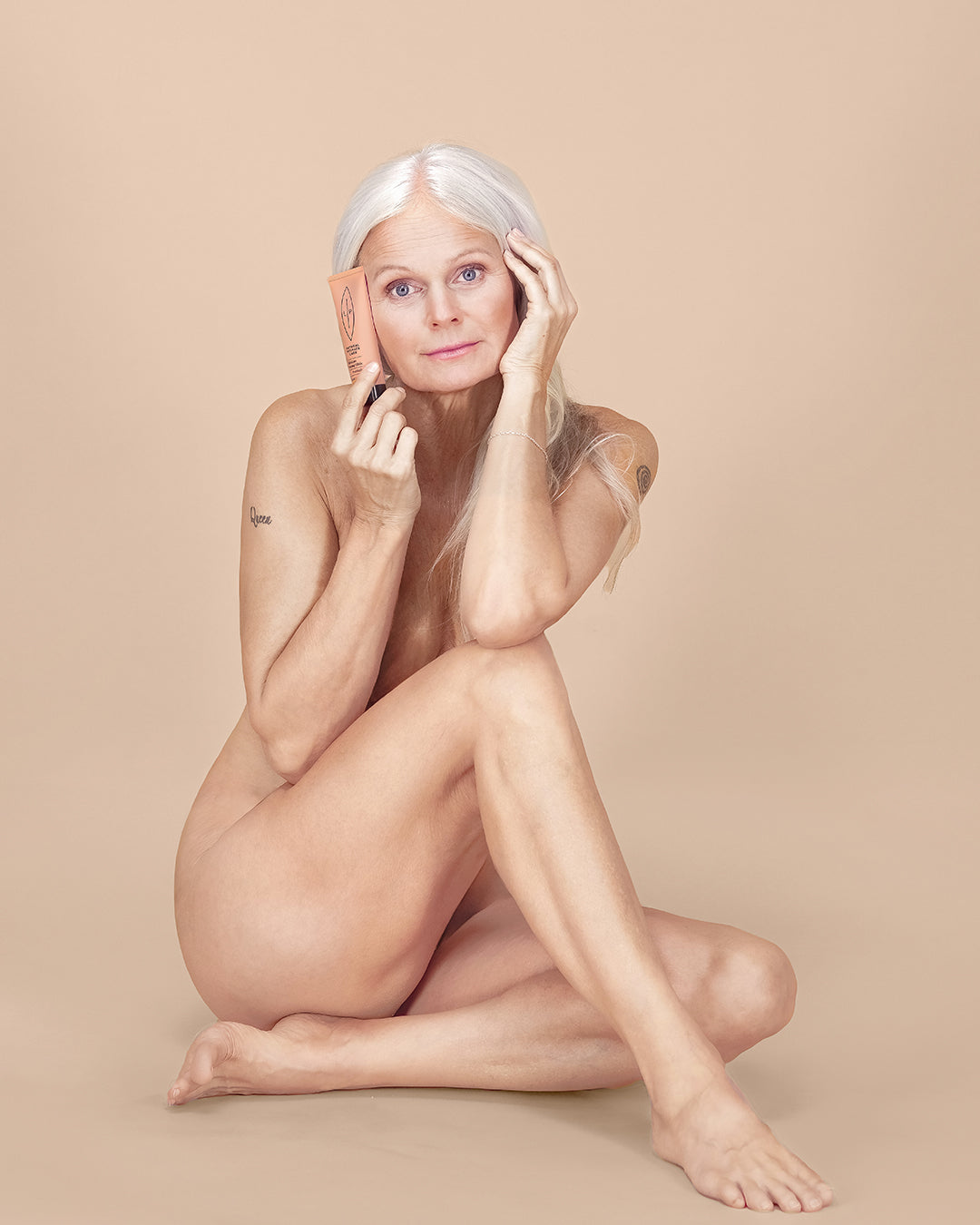It’s time we talk about perimenopause! Half the world’s population experience perimenopause directly and the other half experience it indirectly. If your mother or grandmother even mentioned it, it might have been referred to as the “change”. They probably didn’t know the term for it or wasn’t comfortable talking about it.
Fortunately, this transitional time in a woman’s life has gained more respect. Having a deeper understanding about what’s going on with your body and mind can help you go through this period with greater ease and acceptance.
What is perimenopause?
It’s the transitional time leading to menopause. It’s often a period of great change and confusion. You might not recognize yourself as the woman you were during your 20s and 30s.
When does it start?
It may begin in your mid 30s or as late as your mid 50s. The average age is 40-44. When you go 12 months without a period, you have transitioned into menopause. This transition usually lasts between 4-10 years
What happens to the body?
During perimenopause, the reproductive hormones become unbalanced and eventually estrogen start to decrease. You may begin having menstrual cycles in which your ovaries don't release an egg. When this happens, changes occur throughout the whole body.
What are the signs?
Perimenopause often begins with irregularities in a woman’s cycle. Often, we’re dealing with major life changes during this period and asking ourselves questions that can cause both mental and physical fatigue. All women have their own unique perimenopause.
Some of the most common symptoms that many women experiences are:
Sleep disturbance
Mood swings
Depression and/or anxiety
Forgetfulness
Irritability
Low sex drive
Skin and vaginal dryness
Acne
Joint pain
Embracing the change
In the West, menopause often has negative connotations. We tend to think of it as the end of our reproductive age, instead of embracing it as part of life. We prefer to think of it as the caterpillar's transformation into a butterfly. Or as Bob Dylan said “Behind every beautiful thing, there’s some kind of pain.”

